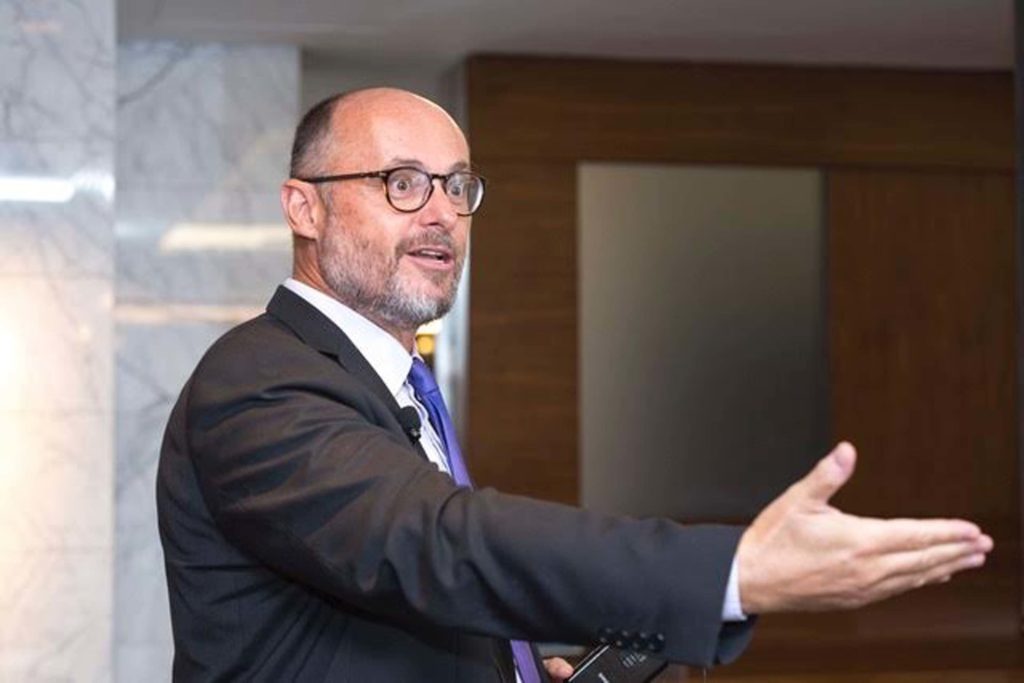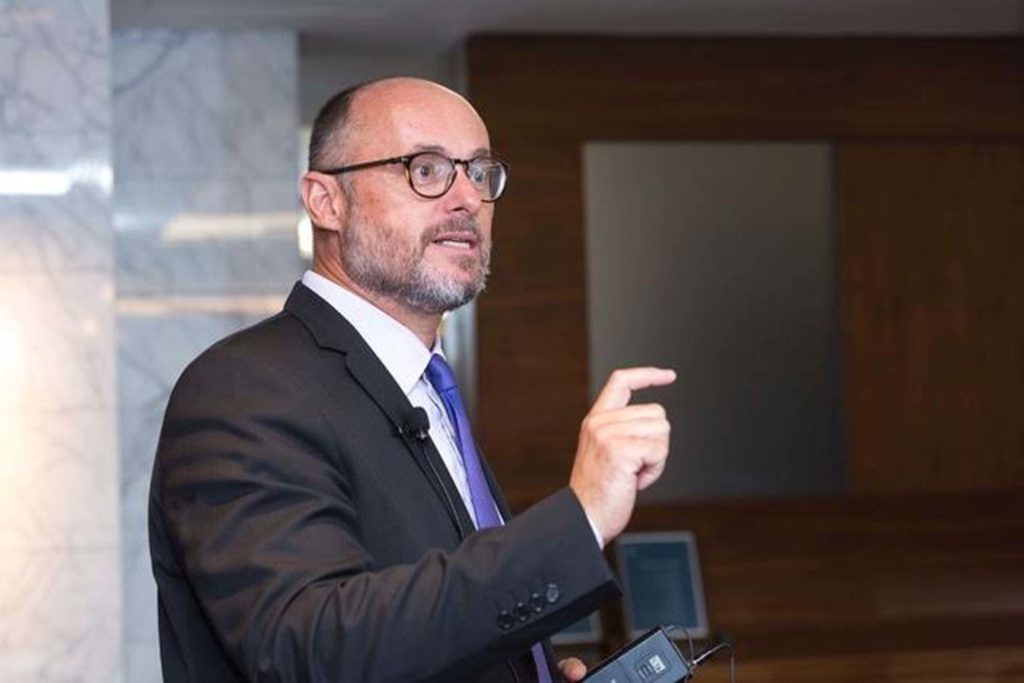Chain reactions: cryptocurrencies explained


Technically speaking, cryptos are not the future of money, because according to a banker friend, money can take many forms, including loans and futures contracts. But for our purposes, we are defining money as a method of exchange of value. But I stand by the ‘future of everything’. The reason is that the underlying technology of Bitcoin and all cryptos is blockchain, which allows machines and organisations to trust electronic transactions and documents. Hence, for the first time we have the possibility of a safe and permanent digital record of anything that machines can interact with in full transparency and trust.
So what is a cryptocurrency and why can we trust it? Simply put, Bitcoin and its little siblings are merely records of transactions that are recorded on a decentralised ledger, instead of being done by one bank or the other. This means that anyone who is sending or receiving Bitcoin – or Ethereum or Tether or Monero or other cryptos – is part of the record keeping. The technology of blockchain makes thousands of identical copies of the records ledger. Each copy is held by a different party and is guaranteed to be identical by a process that is called the consensus model.

Imagine that you and all the people you do business with have the same spreadsheet and it is guaranteed to be always the same and not one of you can influence it or change it without the others knowing.
So far so good. But how can this shiny new thing be used in the private aviation industry?
Using cryptos
The payment or ‘money’ function of cryptos can be easily understood. For example, many charter companies accept Bitcoin payments, with the first clients using Bitcoin to pay for business jet charter flights back in late 2013/early 2014. The advantages of accepting crypto for payment include a reduction in banking costs, increased visibility of where payments are, increased speed, reduced admin costs and automated escrow facilities without huge lawyer’s costs. Imagine a client deciding to fly last minute and paying in seconds with their phone, but without anyone having to pay credit card fees.
Equally, accepting any crypto reduces currency exchange costs. Transaction costs between cryptos are minimal, with transactions generally costing less than one US dollar, and conversion to national or “fiat” currencies can occur to the currency required. Over time, the crypto ecosystem will grow to allow for payment of your organisation’s costs in crypto, thereby achieving the ultimate step change in costs and automation. I have built just such an ecosystem in commodities and am building another one in real estate.
But the simple beauty of cryptocurrencies is that they also have functionality that can help organisations and individuals truly digitise and automate. Many cryptos, Ethereum for example, have an automation engine built in, called ‘Smart Contracts’ that allows clauses of a contractual relationship to be carried out automatically. Think of the most time and labour intensive process in the industry, equally the most costly and where trust is the biggest issue.
According to Kellyn Wagner Ramsdell, writing in AIN online in February, the major industry players are betting big on blockchain. For example, “In November 2017, General Electric (GE) filed a series of five patents with the United States Patent and Trademark Office. These five patents create a theoretical system for tracking aircraft maintenance records, parts acquisition, flight records, and any additional information pertaining to the life of an aircraft.” Equally, “Boeing is examining both the use of blockchain for securing the supply chain process and resolving current aviation cybersecurity concerns. A December 2017 Boeing patent application reveals the company’s intention to use blockchain to prevent GPS spoofing events.”
Just as cryptocurrencies and blockchain can make today’s processes happen more efficiently, there are also whole new business models that can be developed. For example, performance payment models for the lease of components or even whole aircraft. A given component can use IOT sensors to record usage on the blockchain and an automated ‘Smart Contract’ can pay for usage automatically using a cryptocurrency, because the systems are trusted.

Applications in aviation
There are many areas where the alliance of cryptocurrencies and blockchain can help automate business in the private aviation industry. These could include:
International transaction
As the private aviation industry is fundamentally an international industry and currently often reliant on credit cards and wire transfers, which have significant costs, cryptos can help reduce cost and times of payments, benefitting both customer and supplier.
Speed up and automate business payments
Where time is of the essence, payments by crypto are ideal as they can take a few seconds or a few minutes to pass and are instantly shown to both parties to be in progress. The transparency helps businesses build trust.
Supply chain
The private aviation industry, like many, has considerable supply chain challenges, with a crypto powered blockchain system the differing players in the supply chain can trust the information about status of dispatch or payment and reduce the amount of validation required. Also reduced are certain players, such as corresponding banks and physical transmission of documents.
Security/identity
Recording identity on blockchain and using the latest bio identification tools, operators can increase security and reduce fraud.
Corporate governance
Decision making through automated systems can have the benefit of giving the governance or audit function increased granularity and trust.
Maintenance records and safety
Again the permanent digital record aspect of the blockchain allows the recording of facts, without the possibility of dispute, as long as all the steps are agreed upon up front. Therefore, whether a maintenance event happened or not can be absolutely established, especially when combining GPS, IOT (the internet of things) and digital imagery in the record of fact.
Simplify customer payments
Show up with your phone and you are on board, whatever the sum, no costs or admin as transactions can be instantly validated by anyone with a phone tablet or computer.
Loyalty and marketing
Cryptos can be used as tokens (in fact they are often referred to as tokens) within loyalty or marketing programmes. The advantage being that very little IT infrastructure is required and they are completely international. The token could be swappable for other cryptos and the costs are low.
Ultimately, while Bitcoin remains the highest profile crypto and blockchain the focus of industry activity, the combination of cryptos and the underlying engine of blockchain are the way fo the future. This is because as automation happens, payment for services can also be applied, while reducing administration and transaction costs and increasing security.







